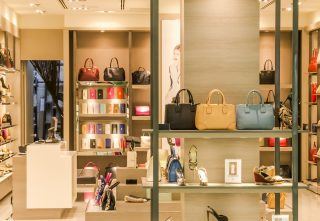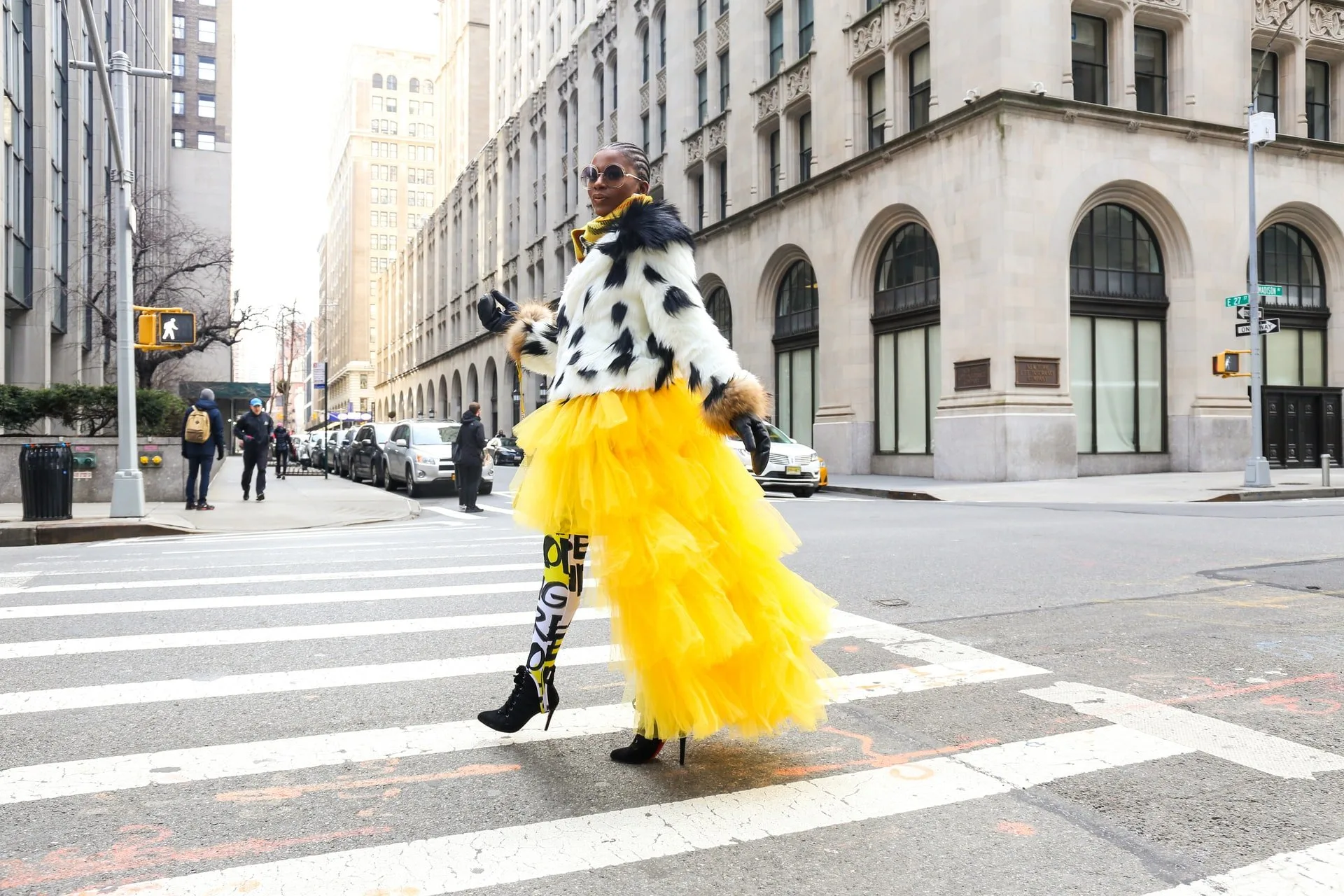When we think about the fashion industry and its negative effects on the planet, our minds tend to automatically go to fast fashion. The pushback against fast fashion has been immense from consumers who feel disappointed with the way large fast fashion companies operate and their detrimental impact on the planet. But often, we forget to consider the luxury side of fashion and the possible negative impact that it has on the planet.
Unfortunately, luxury fashion retailers also have a lot to answer for when it comes to their impact on the planet. It seems that luxury retailers have finally caught on and are now adjusting their practices to make them more sustainable and better for the planet.
Luxury fashion and how it harms the planet

Photo by shattha pilabut from Pexels
According to Gabriela Hearst, a Chloé designer, “luxury fashion has become overly industrialized”. And she’s right, historically, luxury goods were crafted by hand and there weren’t many of them to go around.
This, of course, is the reason behind the insane waiting list for the Hermes Birkin bag. There just aren’t many of them and so, they’re made to order which avoids waste. Brands like Chanel and Louis Vuitton have unfortunately forgotten that aspect of their history.
You can simply walk into one of their shops (or even order online) and get what you want. Instant gratification, just like that. Unfortunately, this tends to lead to ‘deadstock’ (stock that is old and is no longer viable) piling up. Inevitably, brands need to get rid of this deadstock, and it hasn’t always been done in the most ethical ways.
Burning and slashing of luxury items
At the time, it became a bit of an internet joke with online users commenting “If only we could find the dumpster before they light the match”. This of course was in reference to Burberry; when it emerged that the brand was burning millions of dollars of hugely expensive, unsold stock. And Burberry wasn’t alone by any means.
Coach also came under fire when it was revealed that the luxury brand was slashing and dumping its handbags when they didn’t sell. This was of course done under the guise of maintaining exclusivity. Luxury brands would rather burn their goods than have them marked down. This to avoid devaluing the company and undermining its luxury status.
Finally, luxury fashion is changing
Of course, the way to really stop the destruction is to reduce the amount of unsold stock. The Kering Group, which owns luxury brands amongst which is Gucci, now prohibits the destruction of unsold goods. Kering has chosen to invest in AI (artificial intelligence) to better predict how much stock they’ll likely sell. What is leftover can then go to brand discount stores, be discounted for employees, or be donated to charities and fashion schools.

Photo by VIRGIMALDONADO from Pexels
Coach now has a program for its unsold or returned goods. Damaged items are rehabilitated and sold. More brands are following suit.
Luxury brands are looking to a greener future
Consumers’ mindsets have changed dramatically and more and more people care deeply about sustainability. Luxury brands have faced the same challenges as fast fashion brands. The change in consumer behavior seems to have been quite swift. Brands have struggled to meet consumers’ demands. However, brands like Chloé and Stella McCartney are leading the pack when it comes to luxury sustainability and big brands like Louis Vuitton, Gucci and Prada have begun to follow suit.
Chloé’s Gabriela Hearst made a big splash with the brand’s first in-person show in Paris for spring/summer 2022. There, she introduced the Chloé Craft initiative. These new products are now handcrafted by independent artisans. And staples, such as the signature tote bag, Nama sneakers, and all of its denim, incorporate recycled and lower-impact materials.

Photo by Godisable Jacob from Pexels
The soles of Chloé’s new ‘Lou’ footwear line are also now sustainable. According to Vogue, it’s “made with Ocean Sole, a social enterprise that upcycles flip-flops found on Kenya’s beaches”. The brand managed to increase its use of lower-impact materials from 40% to 58% year on year.
And Chloé isn’t the only brand trailblazing, with French luxury group LVMH launching Nona Source, the first online resale platform for deadstock materials. Prada is championing the use of Econyl which is recycled nylon made from abandoned fishing nets.
Stella McCartney unveiled a prototype corset and trousers made of Mylo, a lab-grown leather-like material made of mycelium which is the root structure of mushrooms. Finally, it seems that luxury is reacting to consumer wants and needs and is changing its long-held business structures for the better.
References
https://www.vogue.co.uk/fashion/article/fashion-industry-sustainability





![women [longevity live]](https://longevitylive.com/wp-content/uploads/2020/01/photo-of-women-walking-down-the-street-1116984-100x100.jpg)










